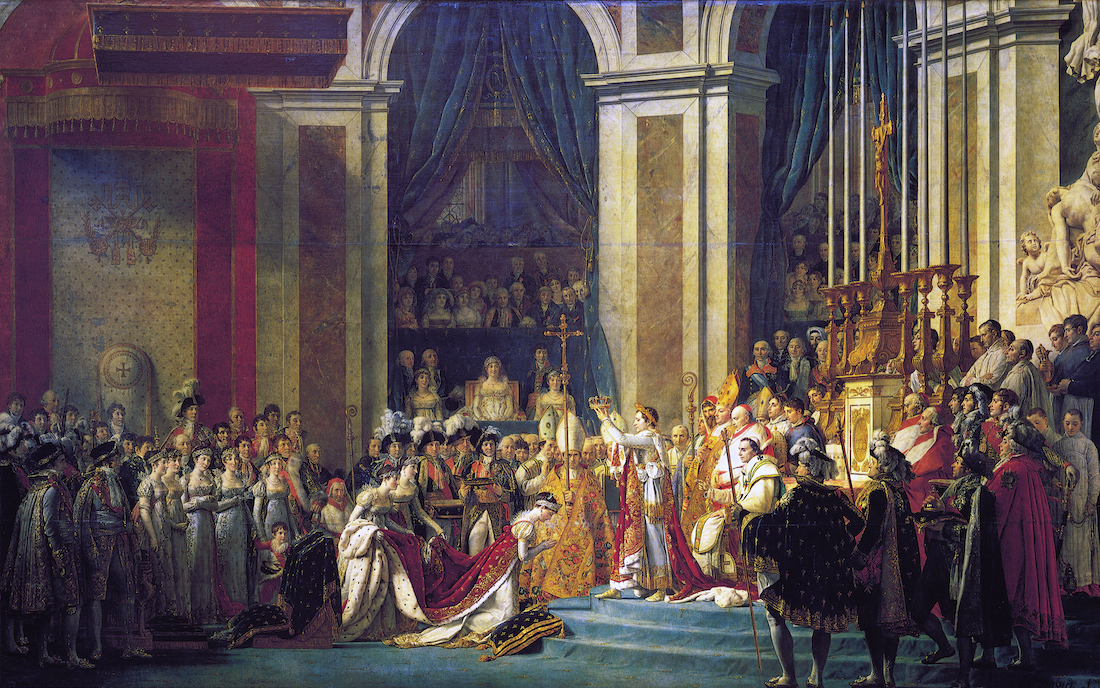The Napoleonic Empire was crucial in the formation of modern Europe. Much of Europe was covered by the Napoleonic Empire and its impact was felt across large parts of the non-European world. The influence of the emperor and his policies was most obvious in relation to the European international system, particularly through his military campaigns and his territorial reorganisation of Europe in the wake of his successes.
However, the Napoleonic era also witnessed major developments in the legal, constitutional, social, and economic order of many states, whether allied or opposed to the Napoleonic project. Likewise, in the aftermath of the French Revolution, much attention is paid to the impact of the Napoleonic era on the relationship between Church and State and the rise of national consciousness, whether in political or cultural terms. By studying how Napoleon's empire was created, challenged, and ultimately defeated, the course will focus on the nature of power and legitimacy in this era.
